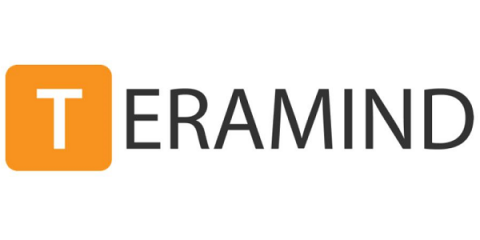Remote and Hybrid Team Productivity Hacks to Keep Your Projects On Track
Many businesses have discovered the benefits of remote and hybrid teams over the last year. With the potential to boost productivity, motivation, and collaboration, it is clear that they are both here to stay. Even after a return to normalcy. For example, Microsoft announced its plans for the future of its hybrid work model last year. And enabled all staff to work up to 50% of their time from home without needing approval.










